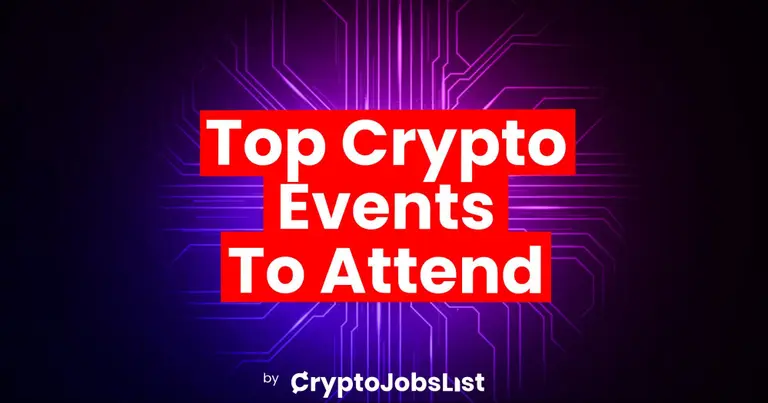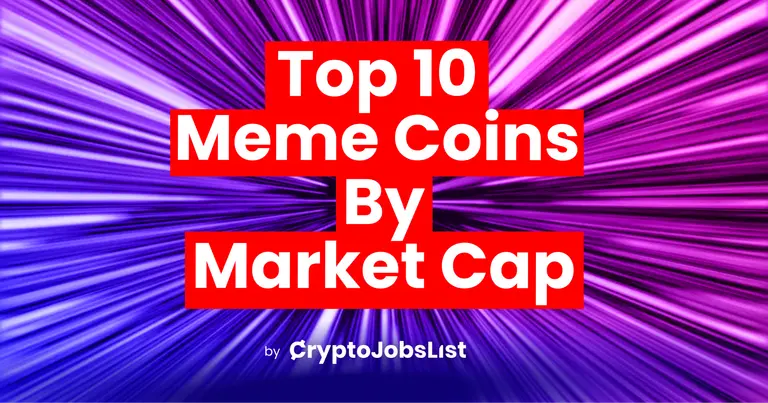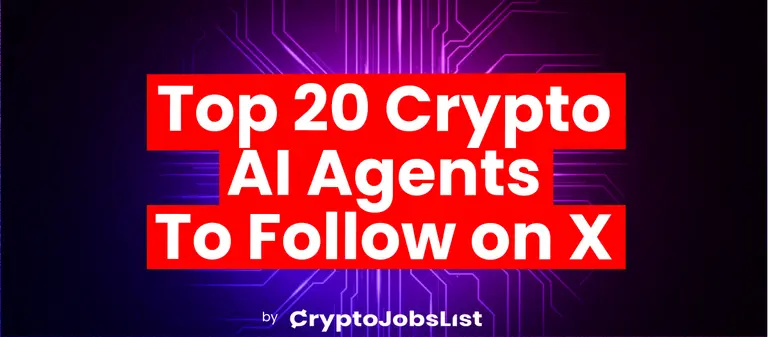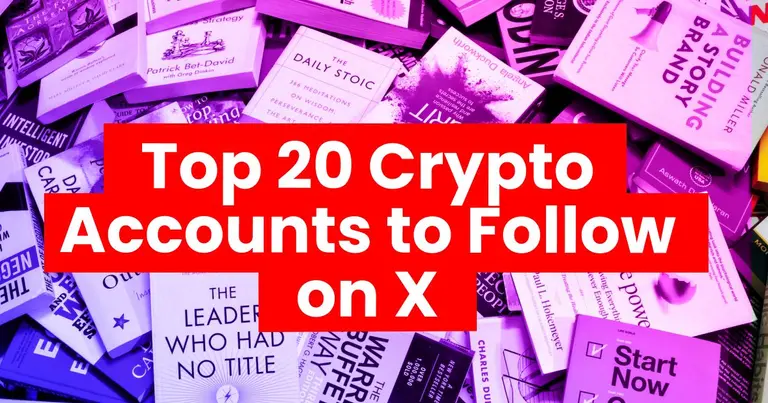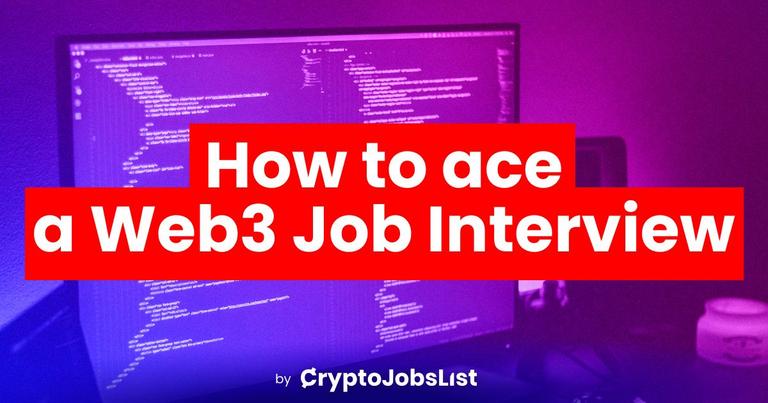For a crypto project community management is an important role that can make or break their success in the markets.
A strong and engaged community can help drive adoption, build brand awareness, and foster two way communication that can help have a better product feedback loop.
That's why community managers are highly sought-after in the industry, with many projects willing to pay top dollar for their skillset.
In this article, we'll explore the essential skills required for the job, some bonus learnings from experienced community managers, and best practices for finding and applying for community manager positions.
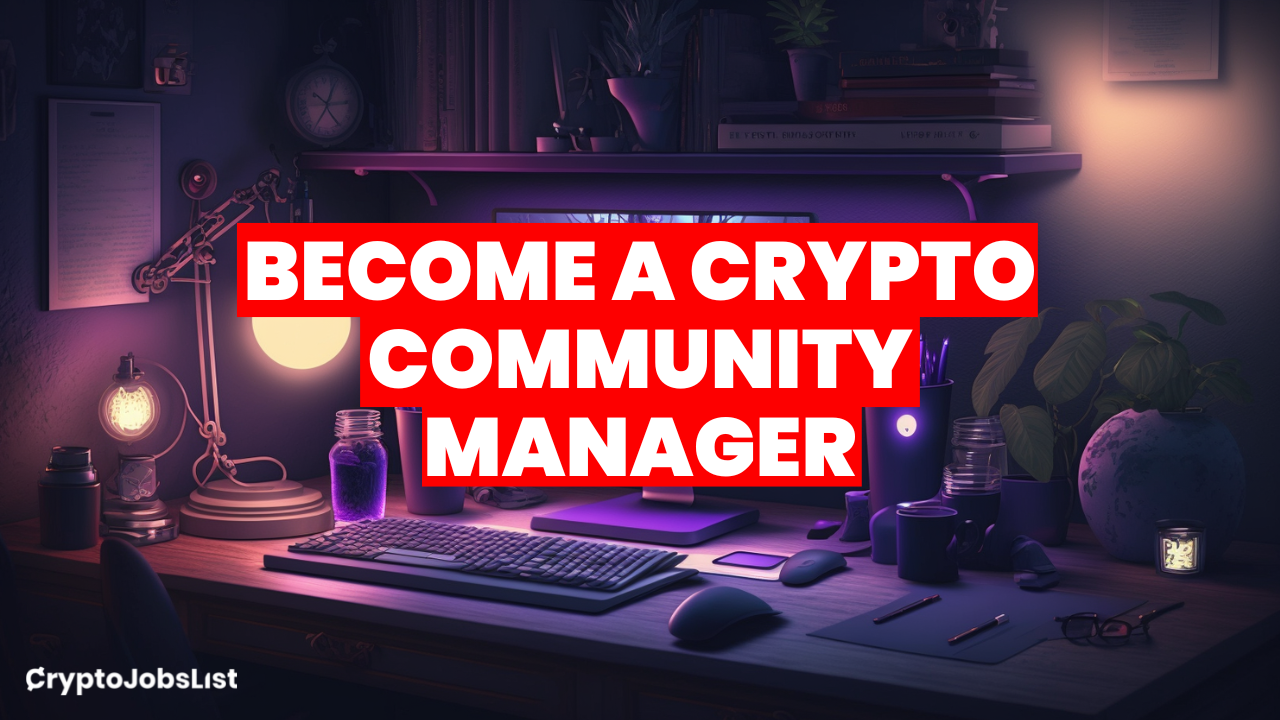
If you are serious about picking up a Community Manager role in Web3 then we've got another resource article for you with top interview questions and answers for Community Managers.
Skills Required for Crypto Community Managers
Being a successful community manager in Web3 is no easy feat and it involves a lot more than just banning people on a Discord server as many believe.
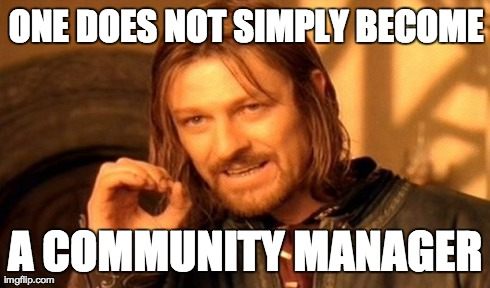
It requires a wide range of skills and expertise across various disciplines. Here are some of the most essential skills that a great community manager should possess:
1. Human behavior and psychology + EQ 🧠
A successful community manager should have a deep understanding of human behavior and psychology, as well as a high level of emotional intelligence (EQ).
They should be able to identify what motivates people, what helps them connect with and support each other, and what drives them away.
Community managers should also be able to handle conflicts and difficult conversations with empathy and tactful language.
2. Copywriting📝
Communication is key to building and maintaining an engaged community.
As such, a great community manager should be an excellent writer, able to craft compelling and effective messages that resonate with their audience.
They should be able to write in different styles and formats, from social media posts to blog articles, and from announcements to customer support conversations.
3. Basics of Branding🛍
A consistent brand voice and design is important so the project appears coherent across the platforms.
Understanding the brand guidelines, brand voice, and messaging, and how that ties to the project you are going to work with is crucial.
Community managers should be able to implement the brand guidelines across various platforms and ensure that the project's branding is consistent and recognizable.
4. Social Media Marketing📣
Social media marketing (SMM) is a technical skill that community managers need to work across various social media platforms.
Knowing the best practices for Twitter, Discord, Telegram, YouTube, including but not limited to how the algorithm works, SEO, people's mindset while they are on the respective platforms is essential.
Community managers should be able to plan, create and execute social media strategies that drive engagement and growth.
5. Bot creation and deployment🤖
This is not necessary but it will really help you out when working on Telegram and Discord.
Bots can help automate certain tasks, such as moderating chats and answering common questions.
Community managers should be able to create and deploy bots that are effective and efficient.
6. Graphic design🎨
A community manager needs familiarity with basic design principles, colour theory (learn from YouTube or Udemy), basics of photoshop & Figma.
These days many projects exclusively use Canva Pro which is an amazing all-in-one tool for design.
A community manager should be able to create engaging and visually appealing graphics that help promote the project and drive engagement.
7. Blockchain and crypto basics⛓
Last but not least, a community manager should have a good understanding of blockchain and cryptocurrency basics.
They should have read the BTC whitepaper, made sure to learn more about smart contracts, DeFi, NFTs, as well as trending events in the space.
Having a good grasp of blockchain and crypto fundamentals can add significant value to the project they are going to work with.
Bonus Learnings from Experienced Community Managers

Great community managers share some common characteristics that make them successful in their role.
Here are some bonus learnings from experienced community managers:
1. Try and connect with people
Community managers should be able to build relationships with people and make them feel valued.
They should be approachable, empathetic, and willing to listen to feedback and suggestions.
2. Keep the patience levels high
Building a community takes time and effort.
Community managers should be patient and persistent, willing to put in the work required to build and maintain an engaged community.
3. Try and help others as much as possible
Community managers should be proactive in helping the members, whether it's answering their questions, providing support, or connecting them with other members who can help.
4. Are conversation starters and facilitators
Community managers should be able to initiate and facilitate conversations within the community.
They should be able to listen actively and respond appropriately, fostering a sense of community and collaboration.
5. Learn how to negotiate well

Community managers should be able to negotiate effectively, whether it's resolving conflicts within the community or negotiating partnerships and deals with other projects.
Best Practices for Finding and Applying for Community Manager Positions
So, you've developed the skills required for a community manager, and you're ready to find a Web3 job & start your career in the crypto industry.
What are some best practices for finding and applying for community manager positions?
1. Research the project
Before applying for a position, it's important to do your research on the project you're interested in.
We have an in-depth article on how to properly research a project you’re applying for a position to.
TL;DR Familiarize yourself with their whitepaper, website, social media accounts, and community channels.
This will give you a better understanding of their goals, values, voice & target audience, and help you tailor your application accordingly.
2. Network with other community managers
Networking is a great way to learn about new job opportunities and get advice from experienced community managers.
Attend industry conferences and events, join relevant online communities and forums, and connect with other community managers on LinkedIn and Twitter.
You can also reach out to them directly and ask for advice or mentorship.
3. Create a strong online presence
Having a strong online presence can help you stand out to potential employers.
Create profiles on relevant social media platforms, such as Twitter, LinkedIn, and Discord, and showcase your skills and expertise.
Share content related to blockchain and cryptocurrencies, engage with other community members, and demonstrate your ability to build and maintain communities.
4. Tailor your application
When applying for a community manager position, make sure to tailor your resume & application to the specific project and role.
Highlight your relevant skills and experience, and explain why you're a good fit for the project.
Include examples of your past work, such as social media campaigns, blog articles, or community events you've organized.
Make sure to proofread your application and follow any instructions provided by the employer.
Additionally, creating a Web3 talent profile can help you get seen by recruiters in the space as well.
5. Be patient and persistent
Finding a community manager position in the crypto industry can be competitive, so it's important to be patient and persistent.
Keep networking, building your skills, and applying for positions that interest you.
Don't get discouraged by rejections or lack of response, and keep improving your application and skills based on feedback you receive.
Crypto Community Manager Salary
As this is an important role to the projects, community managers get paid relatively well if they are good at what they do.
The top 10% of community managers make an average of $80k while the average salary is about $44k based on our salary stats.
Since community managers in this field work with even multiple projects at a time they end up getting paid really well compared to job roles outside of crypto.
Oh! Almost forgot, here is the 💰 Community Manager Salary breakdown:
— Crypto Jobs List — Solidity Web3 DeFi NFT jobs (@CryptoJobsList) March 27, 2023
- $90,000 - top 10%
- $47,260 - median
- $12,000 - bottom 10%
You can benchmark your salary here 👇 https://t.co/E4OprqSKGQ
The Art Of Cold E-Mail
A great way to reach out to the potential decision makers is directly through their Twitter or Discord DMs, LinkedIn InMail or plain simple cold email.
When writing a cold email or reaching out to these people make sure to keep your email brief, respect their time and the email value packed for them.
Ideally a great community manager would be able to bring attention to the most pressing matters when it comes to community growth and retention within 1-2 sentences and even provide value to the project within the cold email.
Here is an example of cold email to take inspiration from. It actually got a response.
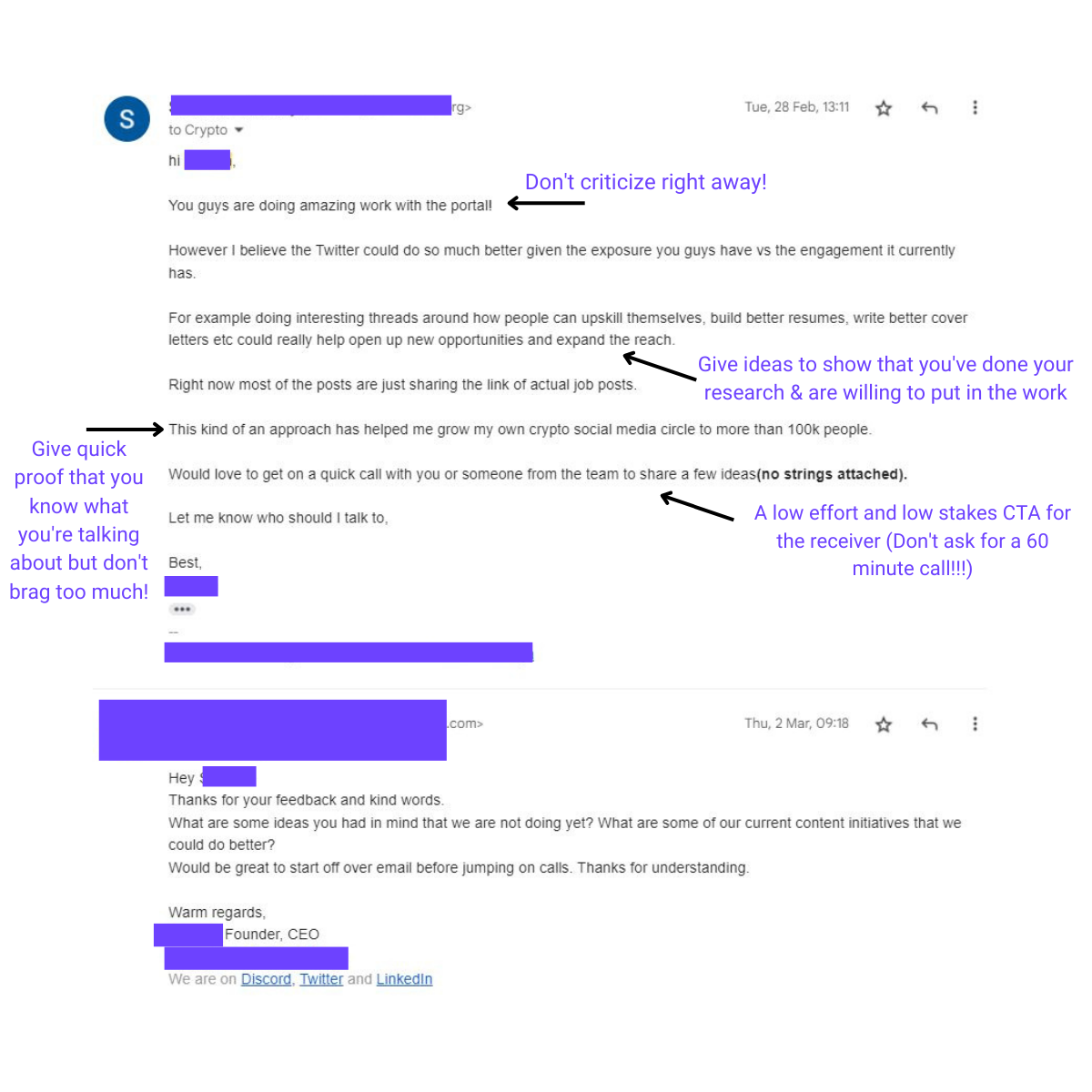
Conclusion
As the crypto industry continues to grow and evolve, community management will remain a vital component of any successful project.
With the right skills, mindset, and approach, community managers can help drive adoption, build brand awareness, and help foster innovation in the industry.
In addition to the skills and best practices outlined here, community managers should also stay up-to-date with the latest trends and developments in the blockchain and crypto space.
They should be able to adapt to new technologies and platforms, and continuously improve their skills and knowledge through self-learning, training, and mentorship.
Becoming a crypto community manager is a challenging and rewarding career path that requires a combination of technical, social, and emotional skills.
By developing these skills, learning from experienced community managers, and following best practices for finding and applying for community manager positions, you can build a successful career in the exciting and fast-paced world of blockchain and crypto.



